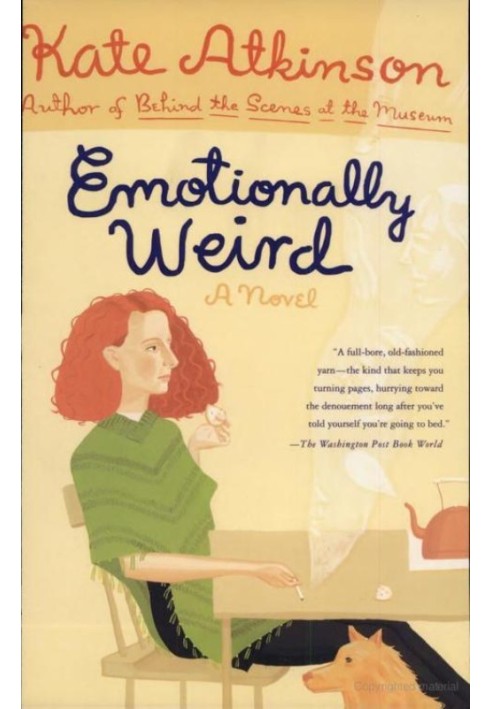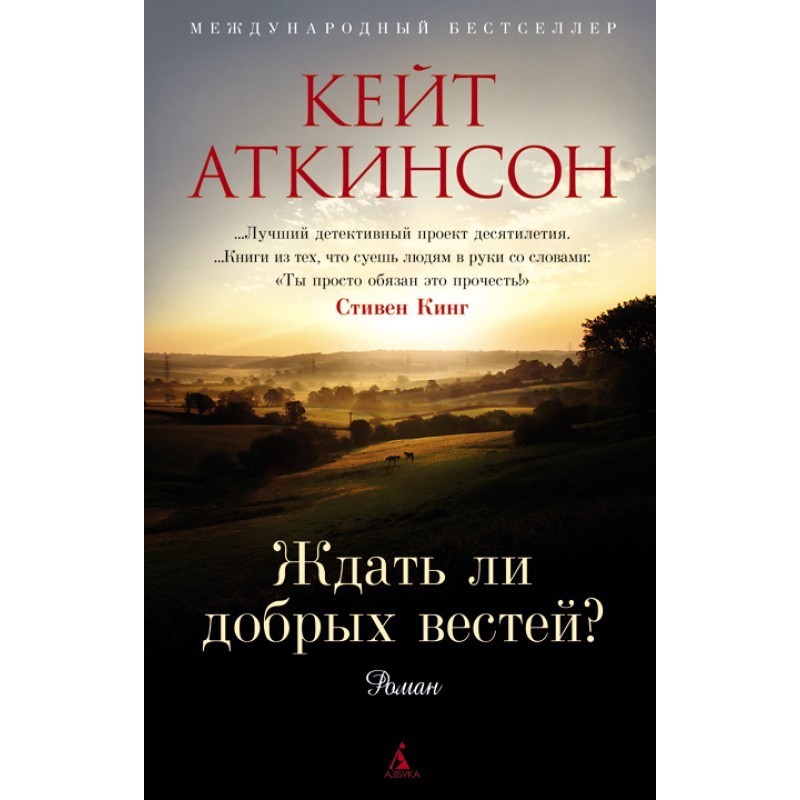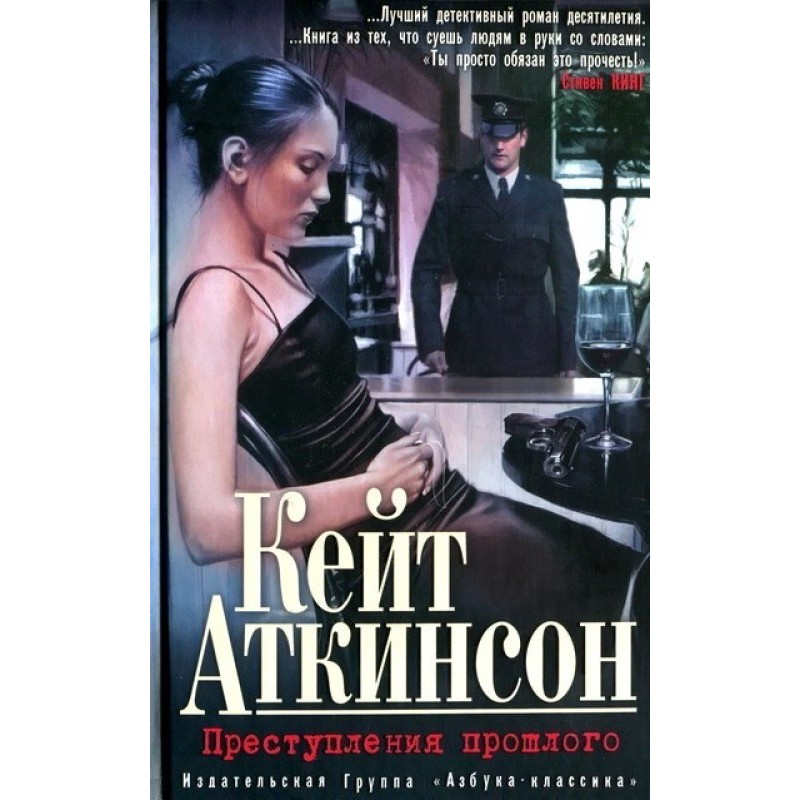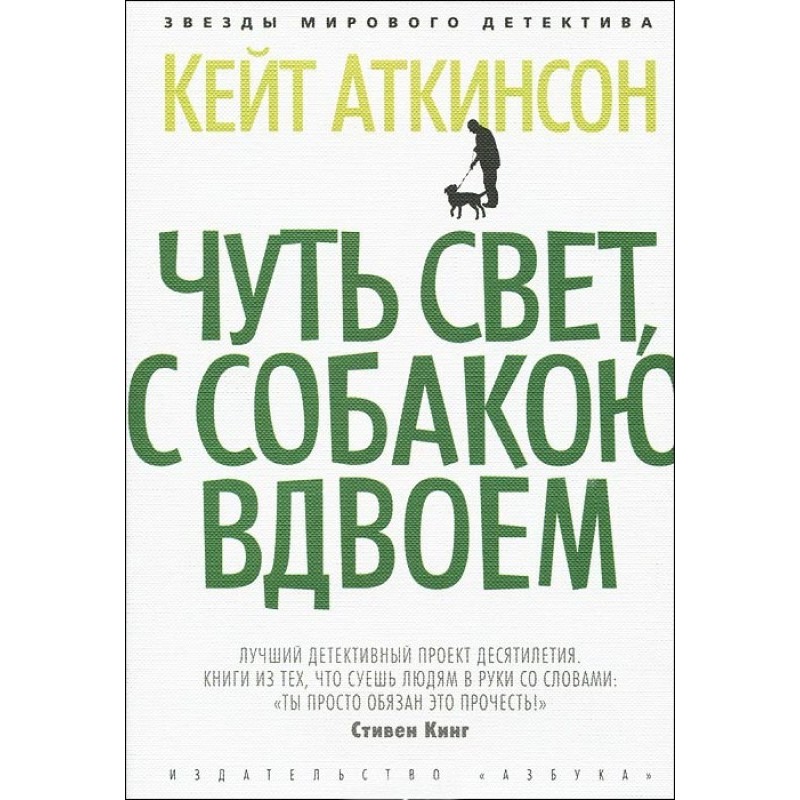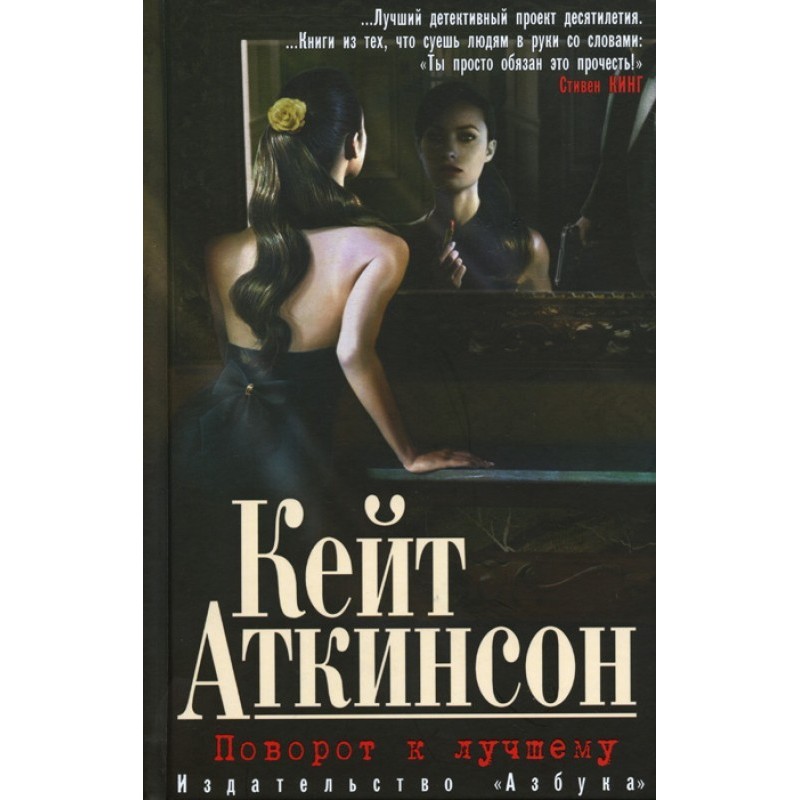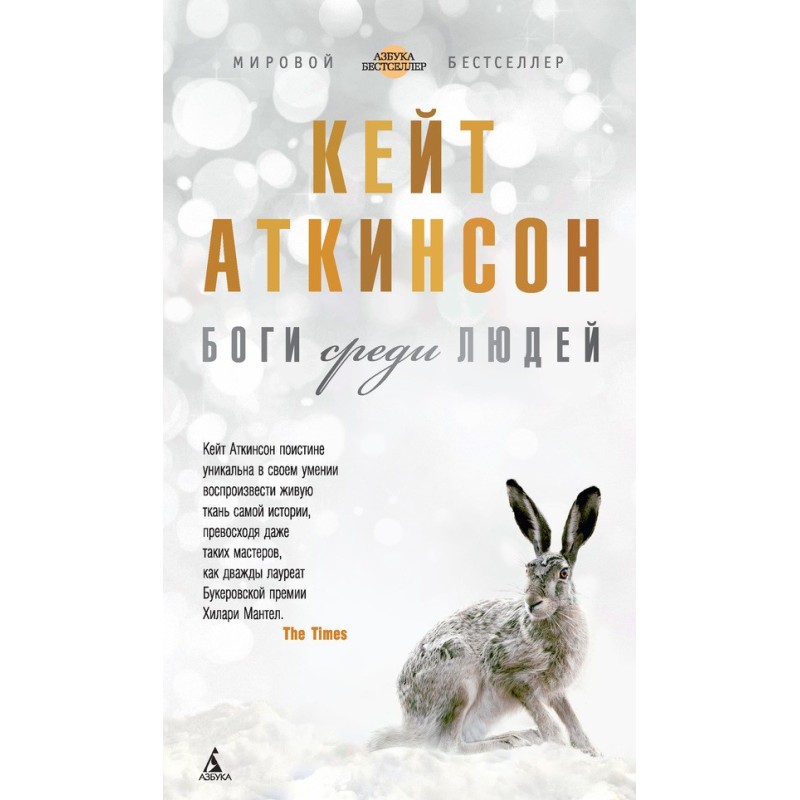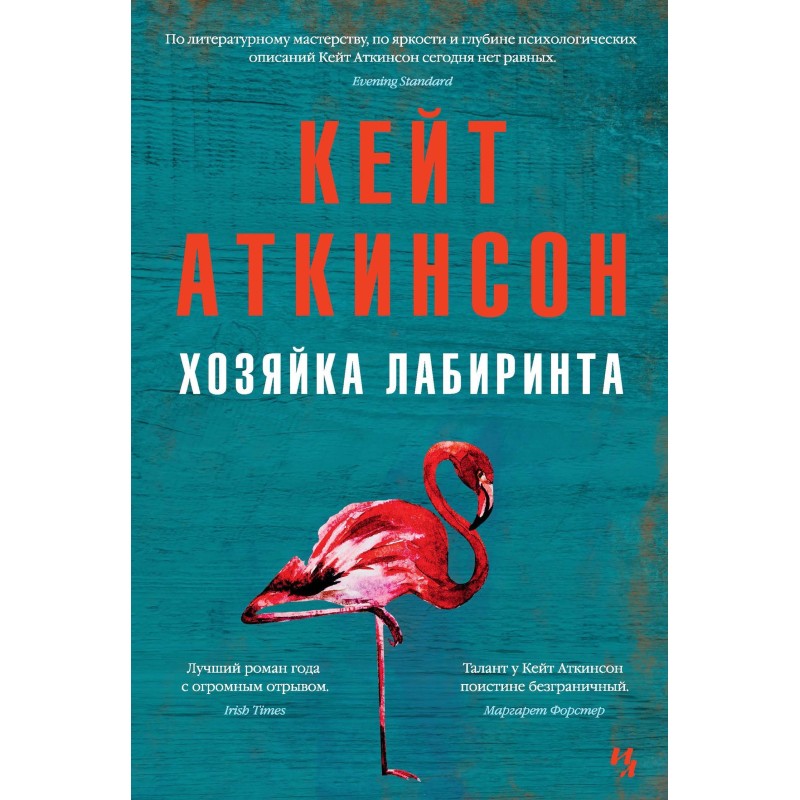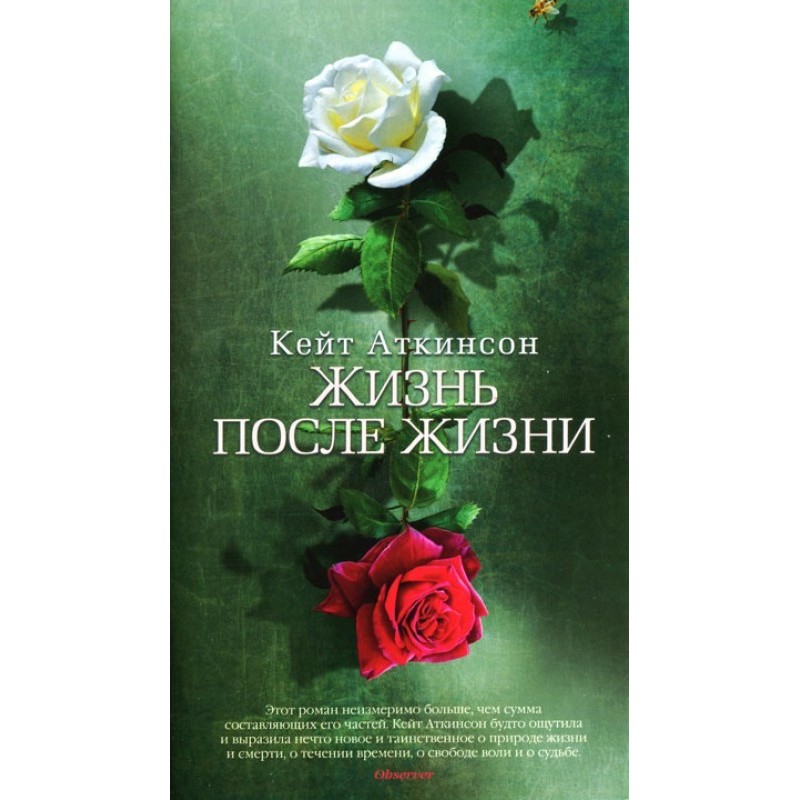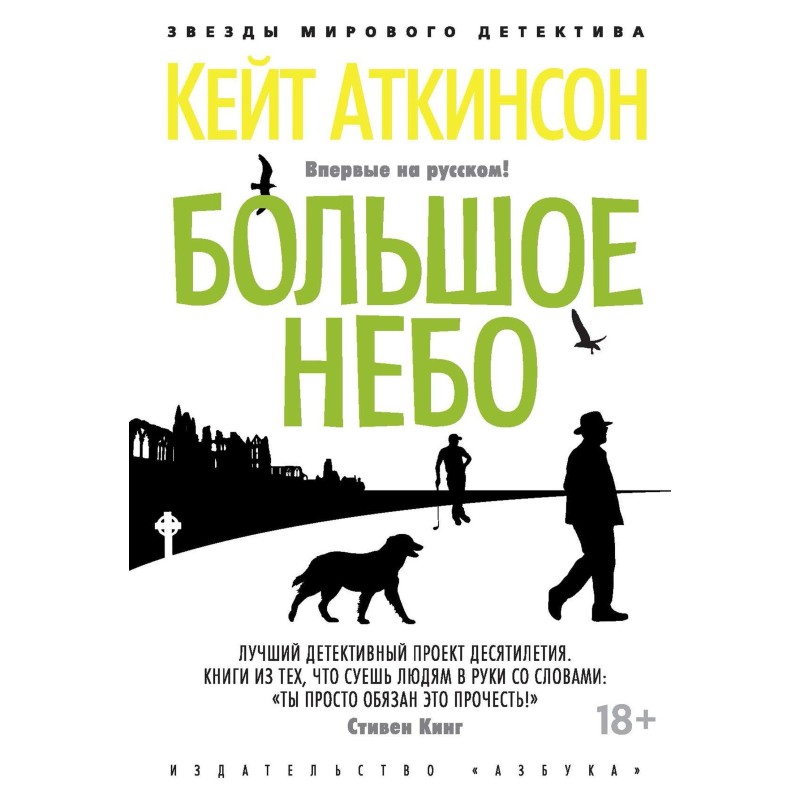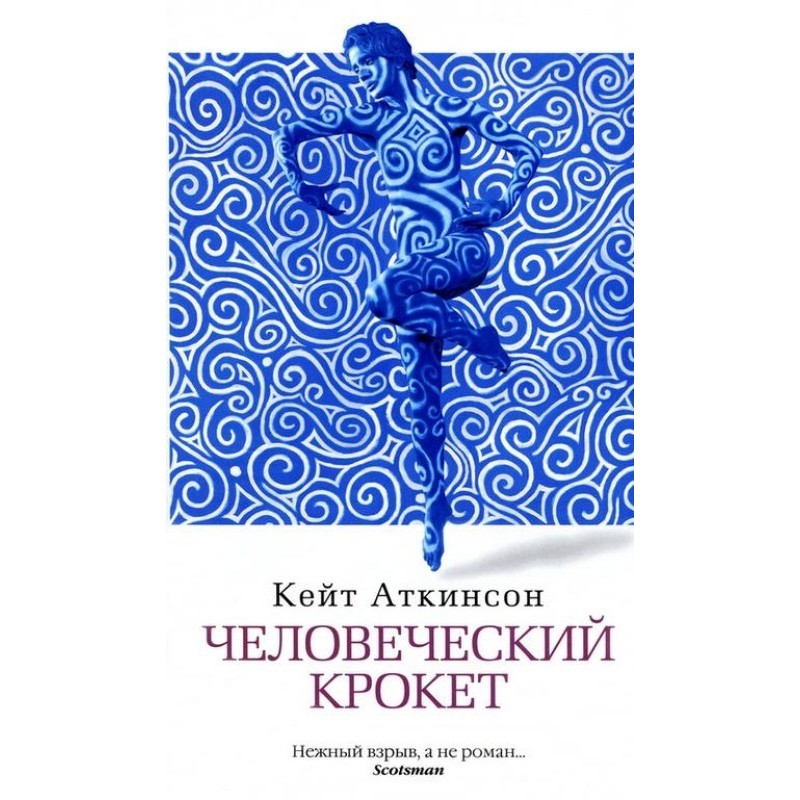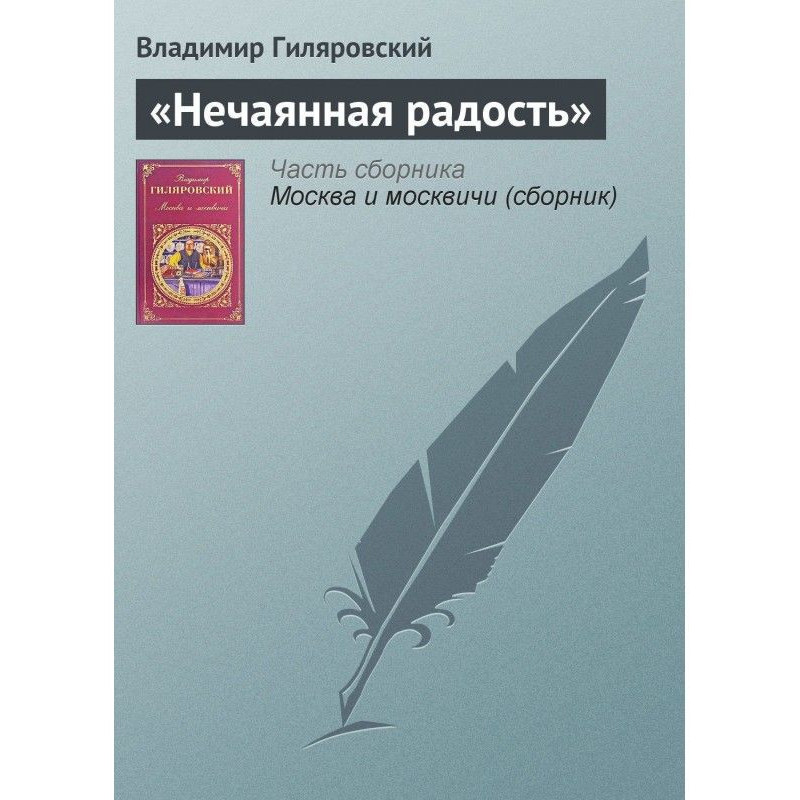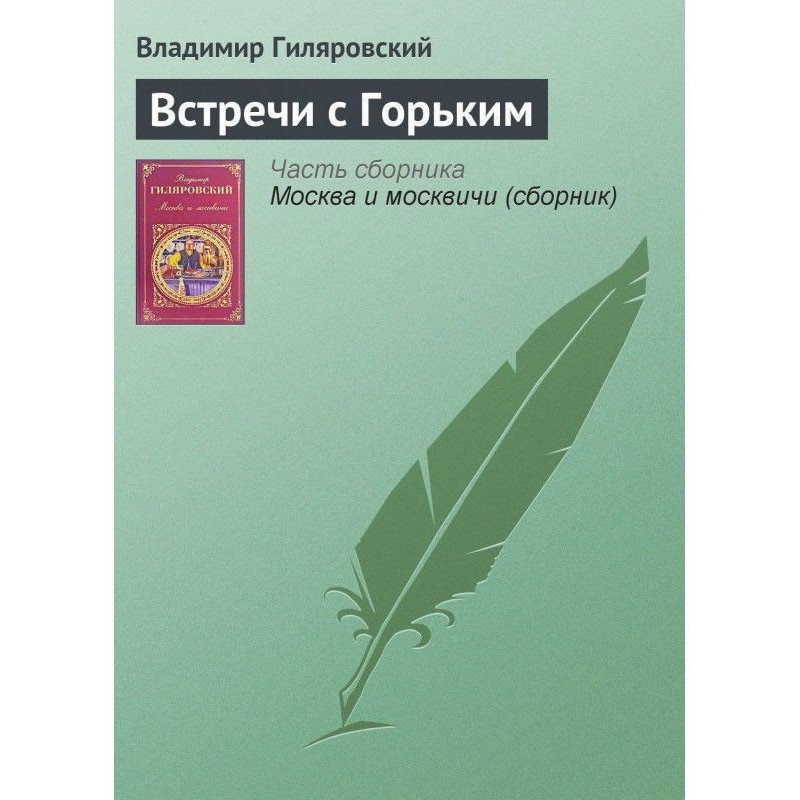Emotionally Weird: A Novel
 Instant download
Instant download
after payment (24/7)
 Wide range of formats
Wide range of formats
(for all gadgets)
 Full book
Full book
(including for Apple and Android)
### Amazon.com Review
Readers who survive the first 20 pages of this dense and playful novel, with its three different openings, constant jokes, and crowded cast of characters, will find themselves rewarded with a leisurely postmodern romp through the student ferment and bodily indulgences of the early 1970s. Although the publisher has called *Emotionally Weird* a comic novel, it is essentially unclassifiable, both further-reaching and less "meaningful" than it first appears. Kate Atkinson's book begins with chapter 1 of a bad murder mystery being written by Effie Andrews for a creative-writing course at the University of Dundee in 1972. But the action soon shifts to a wintry island in the Hebrides, where Effie is trying to elicit the story of her parentage from her single mother, Nora, while spinning a humorous first-person narrative of her college life. Only near the end of the book does she finally wrench the story from her mother: Effie's bizarre origins; the identity of her father; and the whole unlikely tale of her mother's family.
Like a Borgesian labyrinth, with other stories thrown in, including a laughably convenient introduction of magic realism, it is impossible to know what to take seriously-or "jocoseriously," to paraphrase another of Atkinson's influences: the Joyce of *Ulysses* and *Finnegans Wake*. In her third novel, much of Atkinson's humor is incidental, even parenthetical. (We are told in passing, for example, that Effie's dissertation is called "Henry James: Man or Maze?") She is at her best when introducing her eccentric characters, such as the elderly Professor Cousins, who is sometimes lucid, sometimes not. "As with anyone in the department," Effie explains, "it wasn't always easy to distinguish between the two states. The university's strict laws of tenure dictated that he had to be dead at least three months before he could be removed from behind his desk." Professor Cousins, like the author, enjoys word games along the order of those in *Alice in Wonderland*, and Atkinson's use of Scottish idiom comes to function as a sort of word game. She also brings in a few killjoys (a militant feminist, a militant Christian, a literary theorist) to complicate an already loopy narrative and to spike the punch.
> Janice smelt of piety and coal tar soap. She had recently become a Christian, a neophyte of a student Christian fellowship whose members roamed the corridors of Airlie, Belmont and Chalmers Halls looking for likely converts (the afraid, the alone, the abandoned) and those who needed to use the Bible to fill in the spaces where their personalities should have been.
As *Emotionally Weird* develops, Atkinson relies more and more on the postmodern gag of characters commenting on the unfolding action. There is no telling how she finally draws these disparate threads onto a single spool, but in the end, even the slightest subplots are neatly tied up and the most transient characters accounted for. *-Regina Marler*
### From Publishers Weekly
When Atkinson's first novel, Behind the Scenes at the Museum, beat out Salman Rushdie's The Moor's Last Sigh for the 1995 Whitbread Book of the Year Award, a controversy in the British press ensued. But this imaginative and unconventional writer strikes back at her detractors in her third book (after Human Croquet), skewering the academic literary establishment with understated but spot-on humor, while telling an imaginative tale both outrageously funny and poignantly human: Tom Robbins meets John Irving. Euphemia "Effie" Andrews, a 21-year-old Scot and student at the University of Dundee, arrives at a remote, barren Scottish island to swap life stories with her mother, Nora. Effie comes with a slew of tales about the free-love and druggy chaos of her early 1970s college life, and also armed with questions for Nora, determined to learn the truth about their family history. That is, if Nora is her mother, and if any of the stories either of them tell are true ("My mother is a virgin"). These are unreliable narrators in top form, keeping readers guessing delightedly throughout. The author uses different fonts to intertwine several narratives, including hilarious entries from Effie's, and her classmates', novels-in-progress, while these excerpts are interrupted by Nora's snide commentary. Effie's academic hijinks may be a bit exaggerated, since she's slogging along on a paper on George Eliot while living with occasional electricity and a continually stoned boyfriend. But truly alarming things are happening in Dundee: someone is killing residents of a retirement home, and a strange woman is following Effie. While the narrators' constant backtalk can be tiresome, Atkinson's clever and sophisticated prose preserves the voices' sparkling energy. Readers may guess the family secret before it is revealed, but that doesn't steal any thunder from the unsettling and utterly original denouement. (June)Copyright 2000 Reed Business Information, Inc.
Synopsis
On a peat and heather island off the west coast of Scotland, Effie and her mother Nora take refuge in the large mouldering house of their ancestors and tell each other stories. Nora, at first, recounts nothing that Effie really wants to hear, like who her father was — variously Jimmy, Jack, or Ernie. Effie tells of her life at college in Dundee, the land of cakes and William Wallace, where she lives in a lethargic relationship with Bob, a student who never goes to lectures, seldom gets out of bed, and to whom the Klingons are as real as the French and the Germans (more real than the Luxemburgers). But strange things are happening. Why is Effie being followed? Is someone killing the old people? And where is the mysterious yellow dog?
Data sheet
- Name of the Author
- Кейт Аткинсон
- Language
- English
Reviews
Неймовірна подорож у світ емоцій і таємниць!
Книга "Емоційно дивний" - це справжнє літературне свято, яке занурює читача у світ студентського життя 1970-х років, сповненого гумору, загадок і незвичайних персонажів. Кейт Аткінсон майстерно поєднує різні елементи, створюючи багатошарову історію, яка змушує читача сміятися, замислюватися і переживати разом з героями. Еффі Ендрюс, головна героїня, є яскравим прикладом молодої жінки, яка намагається зрозуміти своє походження та місце в світі, і її історія переплітається з численними комічними моментами та захоплюючими сюжетними поворотами. Аткінсон вміло грає з формою, використовуючи різні шрифти та стилі, що робить читання ще більш динамічним і захоплюючим. Книга не лише розважає, але й ставить важливі питання про ідентичність, сім'ю та правду. Я рекомендую "Емоційно дивний" усім, хто цінує літературу з глибоким змістом і непередбачуваними поворотами сюжету!

